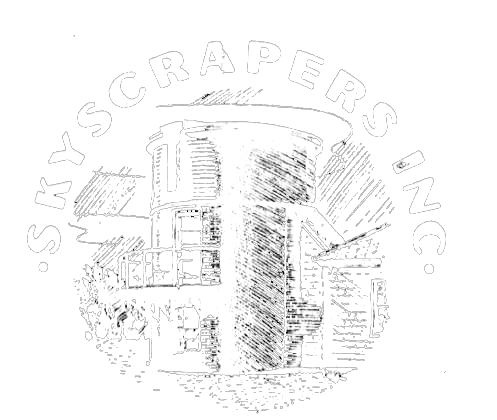Meteor Shower Prospects for 2007
January 2007 :
Note: This article may contain outdated information
This article was published in the January 2007 issue of The Skyscraper and likely contains some information that was pertinent only for that month. It is being provided here for historical reference only.
How many meteors did you observe during
2006? How many times did you actually go outside
to look during a specific meteor shower? How many
of those times was it clear? I’m not sure I can even
answer all those questions. I always try to make some
time for the major showers I report in my columns.
However, so far this year (I’m writing this
column just after the Leonids were clouded out
on the night of November 18-19) the clouds have
spoiled many of the meteor viewing opportunities
when bright moonlight didn’t. I do recall a few bright
Orionids around 2:00 am on a cold October morning.
Other observers who stayed out longer did catch a
few more before dawn. But 2006 is not going to be
remembered for great sky watching.
We even missed the transit of Mercury on
November 8. Watching it on the web is not the same
as using your own telescope to view such
a remarkable astronomical event. So I can
only hope that we will finally get some good
weather when 2007 begins. Unfortunately
the Moon will pose a problem with quite a
few of the 2007 meteor showers.
Though I usually look forward to
starting out a new year with the fast and
often blue Quadrantids on January 3-4, the
Full Moon will most certainly drown out all
but the brightest members of this display.
We’ll have to wait until the April Lyrids for a
chance to see more than a few shooting stars
above the normal random pieces of debris
that often plow through our atmosphere.
Clip and save the 2007 meteor shower
prospects chart below and use it to plan your
observing schedule for the coming year. Even
despite the interfering moonlight for many
of these displays, if the weather promises
to be favorable for a specific shower, by all means
take advantage of clear skies to catch a glimpse of
a meteor or two. And when you do see one, make a
wish for clear skies!
Let’s hope the skies are also clear for a couple of
lunar eclipses during 2007. Though two total lunar
eclipses occur, here in southern New England we
will not be fortunate to see them in their entirety.
The March 3rd event will be well underway
when the Moon rises above the eastern horizon.
Totality begins within 15 minutes of Moon rise. A
second total lunar eclipse will occur on the morning
of August 28 in a bright pre-dawn sky, low in the
west-southwest sky. Totality will begin just before
the Moon dips below the horizon. Location. Location.
Location! I’ll write about these two lunar eclipses in
a future column.



